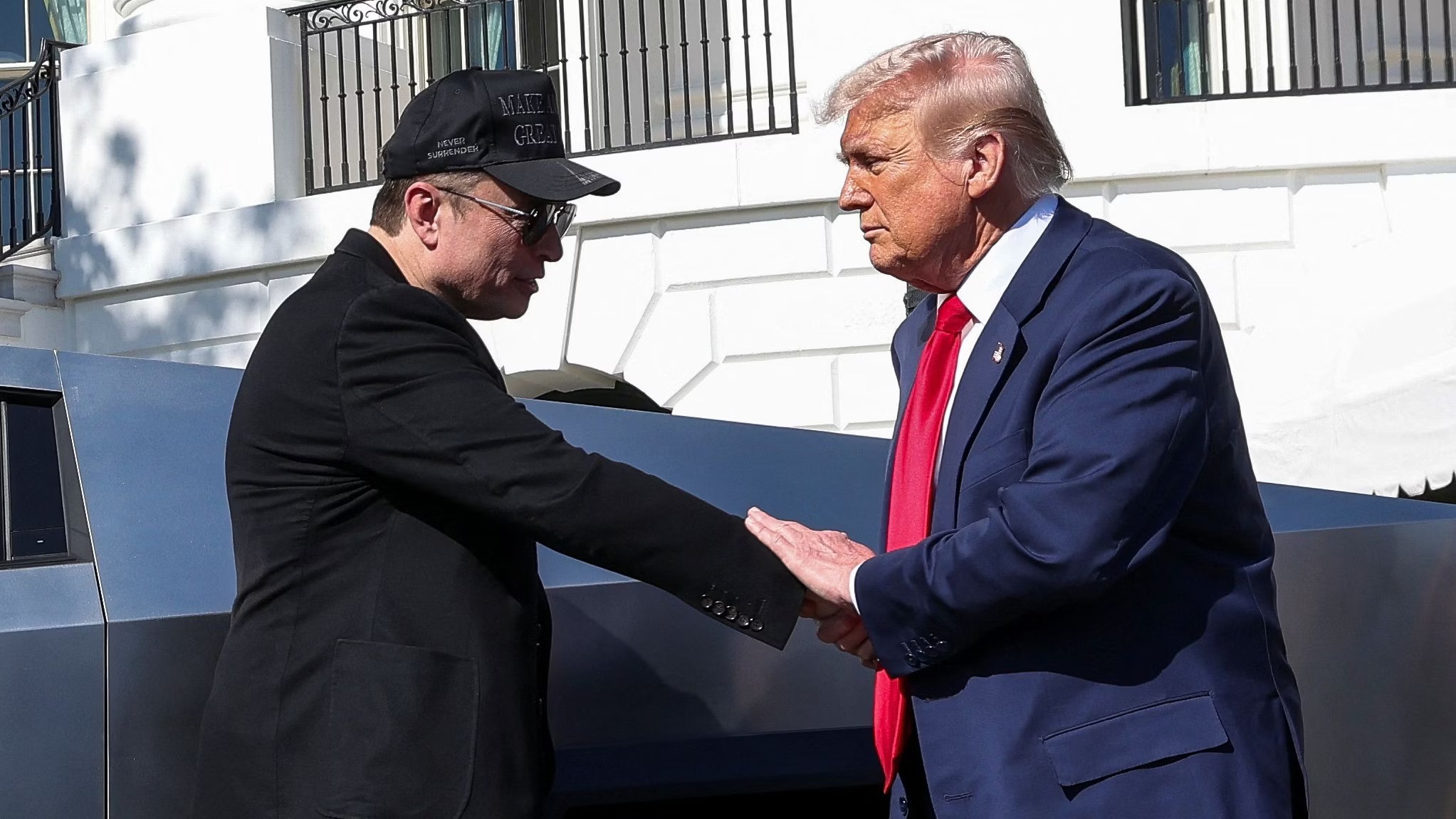
Elon Musk, the CEO of Tesla, recently addressed the convoluted world of tariffs. During the call, he discussed how these tariffs are affecting his company in particular. In one of his first media interviews, Musk pointed to Tesla’s status as the most “vertically integrated car company.” Yet, he conceded that much of his company’s components and raw materials are still coming from abroad.
Musk, who serves as one of President Donald Trump’s close advisers, revealed that he has partially diverged from the administration’s stance on tariffs. Together with Elon Musk, he worried that tariffs on batteries imported from China would lead to billions of dollars in additional costs for Tesla. Despite these challenges, Musk noted that Tesla remains “the least-affected car company with respect to tariffs at least in most respects.”
Musk on Tariffs and Global Market Concerns
While discussing his advisory role, Musk stated, “He will listen to my advice. Then it’s up to him, of course, to make his decision.” He elaborated on the importance of tariffs in the global market, remarking, “If some country is doing something predatory with tariffs,” there may be a need for countermeasures. He reiterated his belief in lower tariffs, saying, “I’ve been on the record many times saying that I believe lower tariffs are generally a good idea.”
Tesla’s supply chain strategy gives further insight into the steps Tesla has taken to mitigate the impacts of tariffs. Musk noted that Tesla has set up “localized supply chains” in North America, Europe and China. The company just finished building a lithium refinery in Texas to feed its battery-making operations. He candidly admitted, “We’re not growing rubber trees and mining iron yet,” highlighting the ongoing reliance on global suppliers.
Musk’s criticism of bad trade policy came through more than once in the proceedings. He infamously referred to Peter Navarro, Trump’s top trade adviser, as a “moron” and “dumber than a sack of bricks,” indicating his frustration with some aspects of the administration’s trade approach. Ford warned that Tesla’s energy business would be disproportionately affected by tariffs if policies as they currently exist continue.
Ultimately, Musk’s comments illustrate the precarious balancing act that must happen between supporting American industry and the realities of international trade. As he noted, any decision regarding tariffs “is entirely up to the president of the United States,” underscoring the complex relationship between governmental policy and corporate strategy.
Author’s Opinion
Musk’s comments reveal the difficult position that Tesla, and other American companies, find themselves in when it comes to balancing the need for competitive trade policies with the challenges of global supply chains. While Musk has voiced concerns over the current tariff strategies, his approach highlights the tension between domestic industry growth and international trade realities. It’s clear that without strategic policy adjustments, companies like Tesla may continue to face substantial financial pressures, especially in sectors like energy and manufacturing.
Featured image credit: Heute
Follow us for more breaking news on DMR
